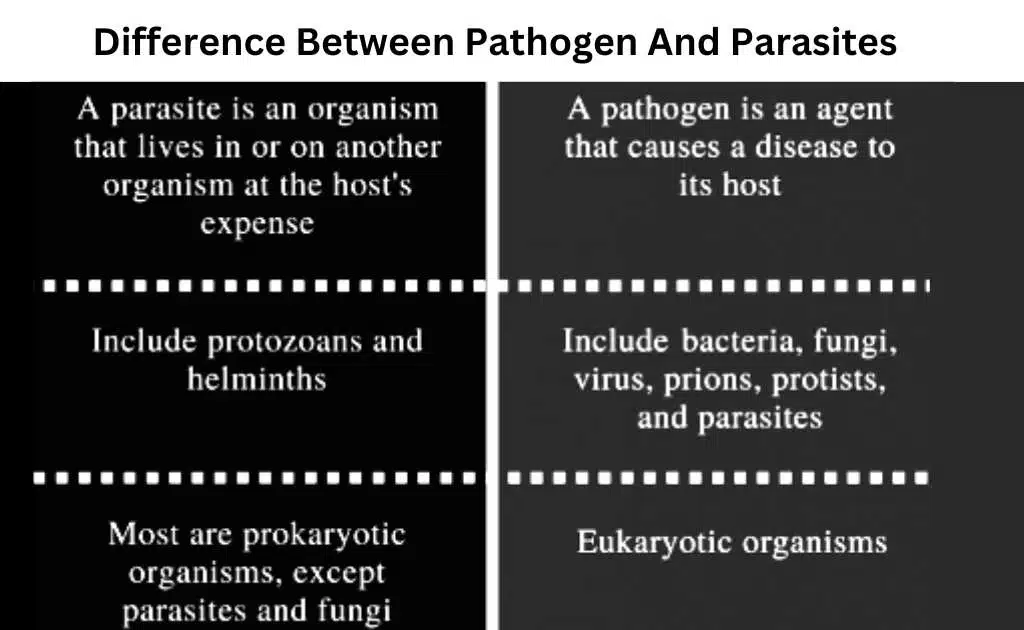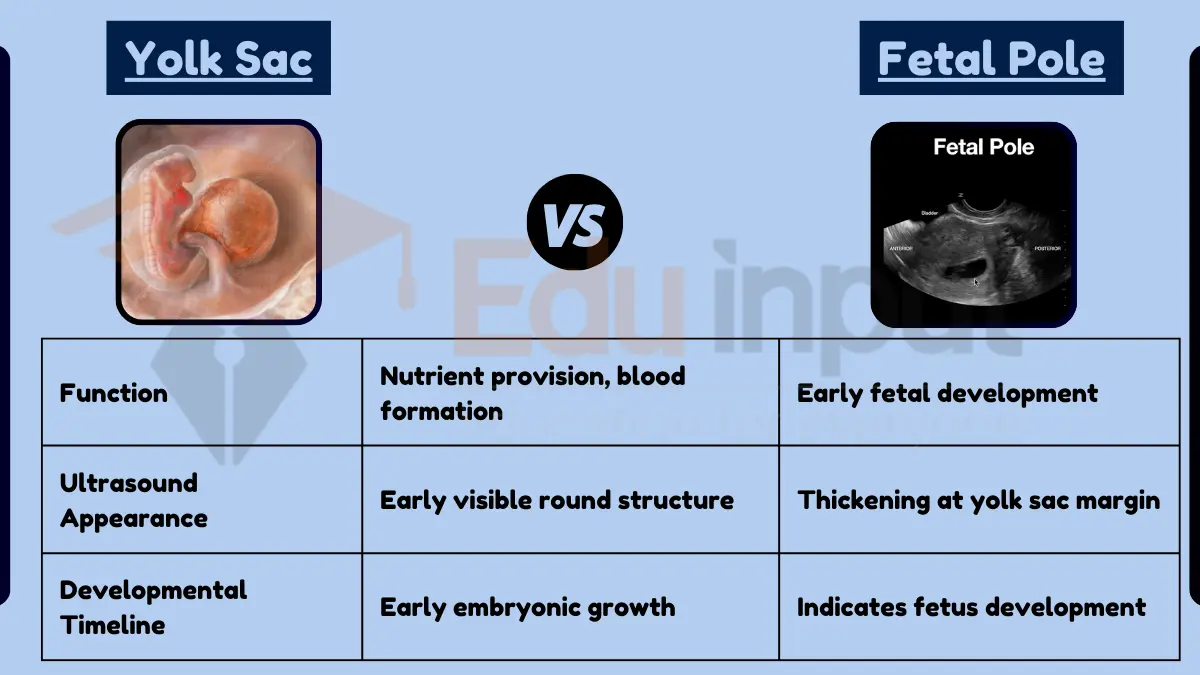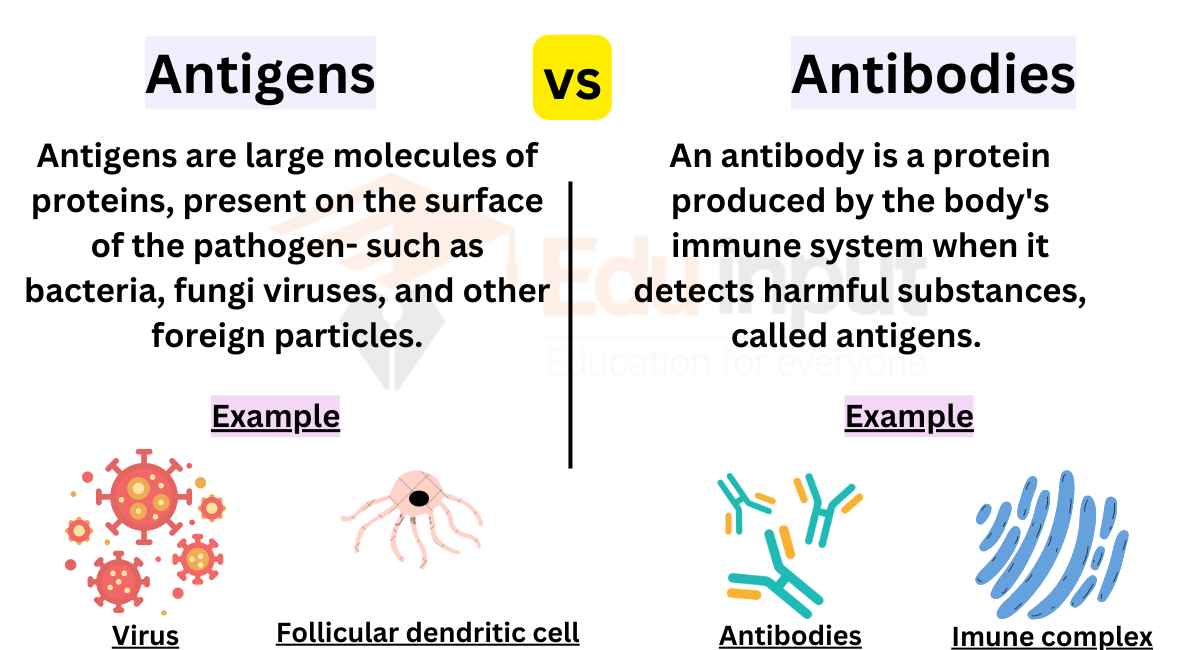Difference Between Pathogen And Parasites
Pathogens and parasites are two terms that describe microorganisms that can be harmful to the health of any living being, with the major difference being that pathogens describe the effect of a microorganism on another living being, which is often harmful, while parasites describe the mode of living of a microorganism, which may or may not be harmful.
What are Parasites?
Parasites are organisms that live off of their host. Many types of parasites infect humans and animals. Most of these parasites are harmful to the human body. Parasites have been around since the beginning of time. They were present before man was even created.
There are two different kinds of parasites. One kind lives inside of its host while the other kind lives outside of its host. Inside of the host, the parasite feeds on the blood of its host. Outside of the host, the parasites eat dead skin cells.
The first type of parasite is called endoparasites. Endoparasites live inside of their host. These parasites include roundworms, tapeworms, flukes, and others. Roundworm infections are the most common type of parasitic infection. Tapeworms are also common. Flukes are less common than roundworms and tapeworms.
The second type of parasite is ectoparasites. Ectoparasites live outside of their host. These are insects, lice, mites, ticks, fleas, and others. Ticks are the most common ectoparasite.
What are Pathogens?
A pathogen is an organism that causes disease. Bacteria and viruses are two of the most common types of pathogens. Pathogens cause 78 percent of all deaths worldwide; this number is increasing yearly. Diseases can be destructive to humans, animals, and even plants.
The death rate due to diseases is increasing yearly as well. Many factors contribute to this increase in disease rates, including lack of sanitation, contaminated food and water sources, and unsafe medical practices.
Difference Between Pathogen And Parasites
Here are some key differences between pathogens and parasites;
| Pathogens | Parasites |
|---|---|
| Microorganism that cause disease after infection are called parasites. | Parasites are microorganisms that infects the host organism but it does not result in disease. |
| parasites affects the health of the host that can be fatal. | parasites may or may not affect the health of the host cell. Thus it might be fatal or not. |
| Usually, Parasites do not depend on a host organism to complete their life cycle. | parasites are dependent on their host for their living and life cycle. |
| Bacteria, protozoa and fungi, and Viruses are examples of parasites. | Some Bacteria, protozoa, and fungi can be parasitic. |
| Pathogenicity is a characteristic of pathogens, that refers to the ability of an organism to infect another organism (host). | Parasitism is a kind of interaction between two species, where one species gets benefits and the other is harmed. |
| Pathogens kill their host through diseases. | Most parasites do not kill their host but do cause some damage. |

Related FAQs
What are Parasites?
Parasites are the organisms that live inside the body of the host, get food and a place to live, and in return, cause harm to the host organism. e.g Viruses
What are Pathogens?
Parasites are microorganisms that infects the host organism but it does not result in disease.
Which pathogen is not a parasite?
Bacteria, Protozoa, and Fungi are pathogens as well as parasites. Unlike them, Viruses are pathogens that are not parasitic.







Leave a Reply